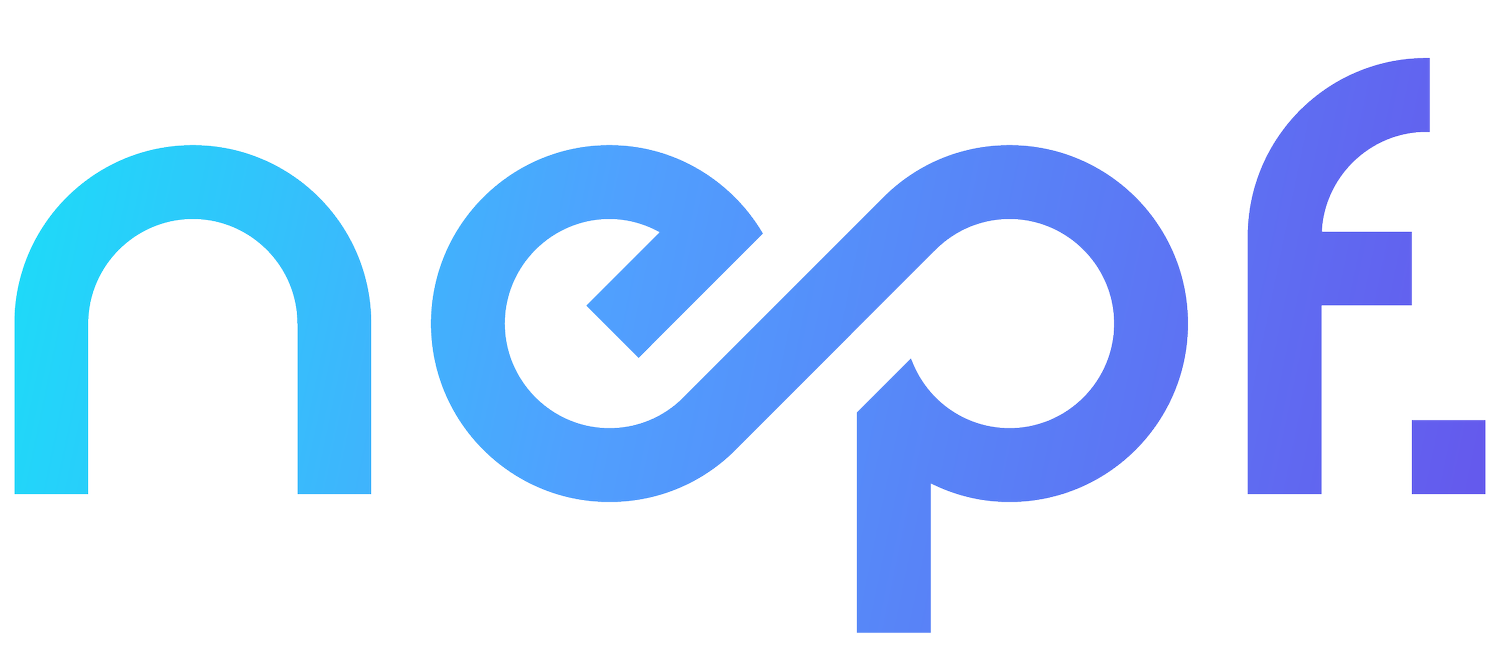AI Alone Isn’t Enough — Culture and Leadership Fuel Business Impact
AI holds tremendous promise, but the hard truth is technology alone doesn’t guarantee results. The key to unlocking AI’s value lies not just in deploying the right tools but in bridging the gap between deployment and sustainable adoption. Without the right cultural alignment, leadership support, and employee engagement, AI investments often underperform or fail to deliver the anticipated ROI.
Despite significant investment, many AI initiatives stall because tools are rolled out without the necessary support for people to truly embrace them. The technology may be in place, but the organization is not ready to realize its full potential. The real challenge isn’t the technology — it’s the people.
AI transformation demands more than just infrastructure. To achieve measurable impact and ROI, organizations must build a culture of readiness, empower leadership to drive change, and ensure employees are equipped to use AI effectively. Leaders must prioritize addressing employee concerns, building trust, and aligning AI adoption with business goals to ensure it drives performance, rather than just compliance.
Let’s explore the strategies that set successful AI adopters apart and how to create a people-centered approach that drives business outcomes.
Why surface-level AI adoption doesn’t deliver ROI
Organizations often treat AI as a technology rollout rather than a strategic transformation. Tools are deployed, but success is hindered when AI isn’t integrated into how people work, lead, and make decisions. Even the best-designed solutions can fail to gain traction if they aren’t aligned with employee needs and business priorities.
This disconnect is illustrated in a report cited by Entrepreneur, which noted that Microsoft is considering formalizing metrics to track AI tool usage in employee performance reviews. While the move signals AI’s growing importance, mandating usage without adequately addressing employee readiness risks creating resistance or driving superficial compliance instead of real engagement.
In contrast, Forbes makes it clear that successful AI adoption goes beyond the technology: behavioral and organizational change management are critical for driving ROI. Many organizations struggle to initiate open dialogue about AI’s impact, avoiding tough but necessary conversations due to fear or discomfort. Employees are then left with unanswered questions about job security, shifting roles, and retraining — concerns that, if left unaddressed, create mistrust and stall progress.
To drive sustainable ROI, AI initiatives must be grounded in clear, consistent narratives that demystify the technology and reinforce its role in augmenting human contributions, not replacing them. In organizations where trust and engagement are prioritized, AI becomes a catalyst for growth.
How to integrate people into your AI strategy for maximum impact
For organizations to successfully navigate AI transformations, effective leadership and people-centered change management are essential. The true value of AI is realized when it is integrated into daily workflows, aligned with leadership goals, and adopted by employees at every level.
From our experience, the organizations that achieve sustained AI adoption focus on embedding AI into how people work, learn, and grow. Our work shows four key people-centered strategies differentiate organizations that build momentum from those that stall.
1. Create a shared vision and a safe space to learn
To accelerate AI adoption, organizations must articulate a clear vision for how AI directly supports business goals and addresses specific challenges. Leaders must communicate this vision consistently, ensuring teams understand how AI will impact their roles and drive business outcomes.
Alongside vision, creating space for experimentation and learning is essential to remove the fear of failure. Early engagement should be measured by learning and engagement, not just by immediate performance.
2. Make employees co-creators, not bystanders
Successful AI adoption doesn’t just happen by deploying technology, it requires actively engaging employees in shaping the implementation process. By involving teams early in feedback loops, pilot programs, and empowering internal champions, organizations give employees a sense of ownership and control over how AI integrates into their work. This direct involvement ensures AI is not seen as a top-down initiative but as a tool that directly enhances their roles. The result? Increased clarity, reduced resistance, and deep-rooted buy-in, turning employees into active advocates for AI’s success.
3. Equip your managers to lead the shift
Middle managers play a pivotal role in AI adoption, yet they are often overlooked during early planning stages and left feeling unprepared to lead the change. To avoid this outcome, organizations must invest in targeted manager training, providing them with the knowledge, tools, and strategic insights to align AI adoption with broader business transformation. When managers lead with curiosity, foster continuous learning, and empower their teams to embrace change, they become the driving force behind widespread adoption.
4. Make AI part of how you work and grow
AI is not merely a tool — it’s a transformative force that must be deeply integrated into organizational processes and woven into the fabric of how people work, grow, and develop. This means embedding AI into training programs, performance management systems, and recognition initiatives, ensuring it becomes a core part of the employee experience. When AI is positioned as a driver of personal and professional growth, rather than just a compliance requirement, cultural integration becomes effortless. True, sustained adoption happens when AI is no longer seen as an add-on, but as an integral element of the organization’s DNA, fueling innovation and improvement across all levels.
People-centered AI: Delivering measurable impact
We’ve seen firsthand that transformation succeeds when the focus starts with people, not platforms. In one engagement, we supported a large-scale transformation at an international services company, helping employees shift from manual processes to standardized digital tools. Success hinged not on the technology itself but on aligning leadership, enabling managers, and preparing employees to adopt new ways of working.
Rather than a one-size-fits-all approach, we began with an impact and risk assessment to understand how the changes would affect different roles. We then created a tailored change strategy grounded in shared purpose, early engagement, manager readiness, and cultural integration.
We partnered with leaders to articulate a clear vision and then developed change networks to support adoption on the ground. Managers received hands-on support, and employees were given time to learn, test, and share feedback.
We didn’t just help implement new systems — we helped embed new behaviors. This people-centered approach resulted in sustained adoption, increased productivity, and a stronger foundation for future transformation.
Moving forward: AI’s true value lies in people
The AI conversation has shifted. It’s no longer just about automation or efficiency gains — it’s about delivering business outcomes by building a culture that empowers people to embrace new ways of working, expand their capabilities, and contribute to innovation.
The companies that will lead the AI revolution won’t just have the most advanced technology. They will be the ones that see AI as a people-driven initiative. By investing in culture, leadership, and change management, they will unlock AI’s true potential, accelerate performance, and deliver measurable results.
Turn your AI investment into measurable results with nepf
Technology is only half the equation — sustainable impact comes from embedding AI into the way people work, lead, and grow. Join our upcoming webinar on September 25, Turning AI Investment into Results, to explore practical strategies for driving adoption and translating AI initiatives into real business outcomes. Click here to reserve your spot today!

